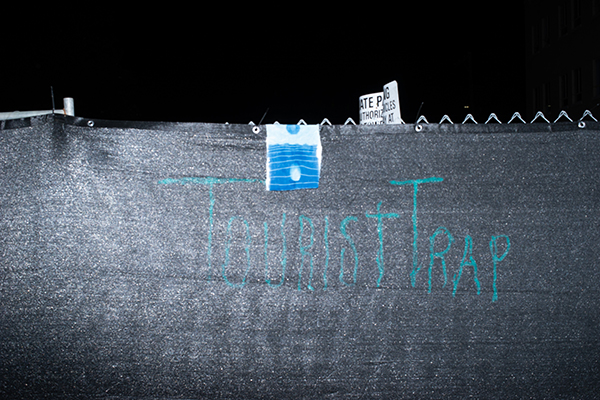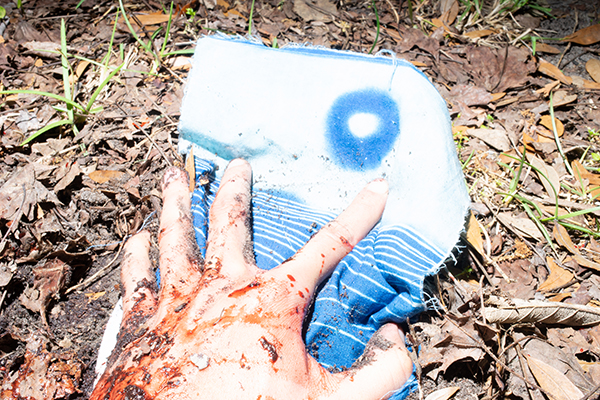I don’t actually see any of the pros of the blockchain part in those examples:
Haddad acknowledges that—“Of course we could do all of what we’re doing today without using blockchain,” he says. But, he adds, “my personal view is that the eventual end goal is digital ID, and beneficiaries must own and control their data.”
If Building Blocks can’t be adopted there, then aside from making the WFP’s operations a bit more efficient and transparent, it will remain little more than a centrally controlled database dressed in a costume of distributed, decentralized trust.
And for the mypass system, it’s on top of Ethereum (see article), so maybe face the same scaling issues that the WFP did (and resort to private blockchain - building on top of a public blockchain significantly used for financial gain through speculation seems a bit mismatched too) - also it seems a bit like yet another bit of bureaucracy for the homeless person to have to take care of! If they lose the key (which is their phone number for the trial?) they:
and are able to add two additional verified users to their accounts, like a service worker or an emergency-care provider, should they be locked out.
I would rather put focuses on human solutions to not requiring so many official documents in the first place - I sometimes find it hard myself to present as an official person as I might have a utilities bill, or a regular income, etc… even though those things aren’t actually needed to be used, they are just things that work for most/many people, it’s going to be “fun” being an edge case in this future we’re building!
The human solutions I think can be very effective - instead of requiring a specific certificate of education, a group of empowered people can be quite capable of working out if somebody really has the skills they claim to have. And perhaps by requiring so many official documents all the time it just pushes the corruption back to those which can circumvent it (e.g. US college admissions scandals, or fake documents being traded using bitcoin).
I just wish all the energy that goes into those (and many other projects) could be harnessed to address our systemic structural inequalities and to solving human caused climate catastrophe 
I think this is one of the really tricky things to deal with in alternative/activist communities - the “normal” world at least has expensive psychiatrists and therapists to deal with some of it. I think self and community care is not to be underestimated in movements fighting for moral/social/climate justice. This microsolidarity proposal seems a good effort in that direction.
I regularly need to detach from much of what I’m doing, this is my best strategy:
…and it is actually me in the photo!
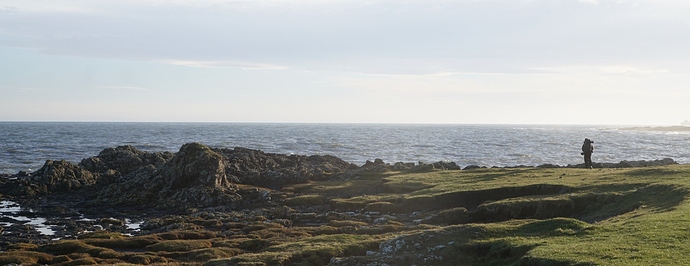





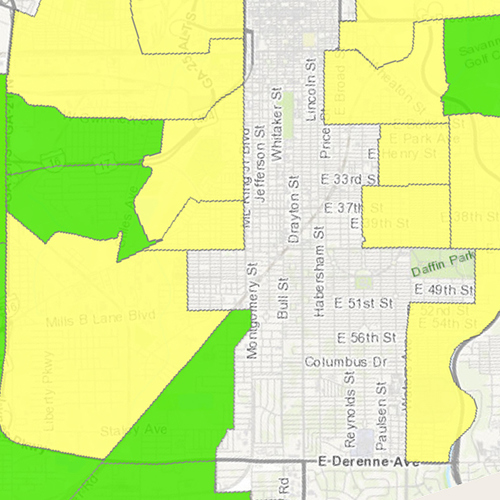
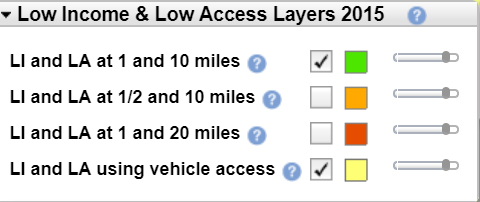
 But that is exactly the place that needs committed people like you, so I hope you can always find a good balance between being active and not burning out.
But that is exactly the place that needs committed people like you, so I hope you can always find a good balance between being active and not burning out.

